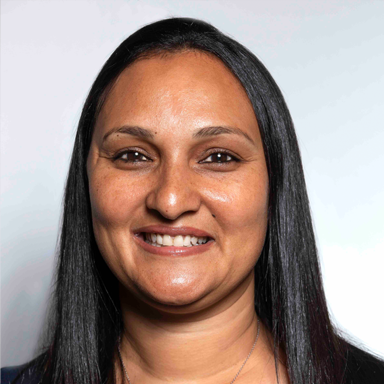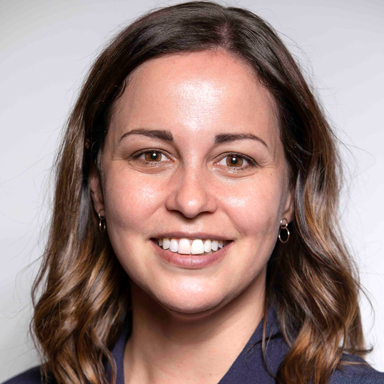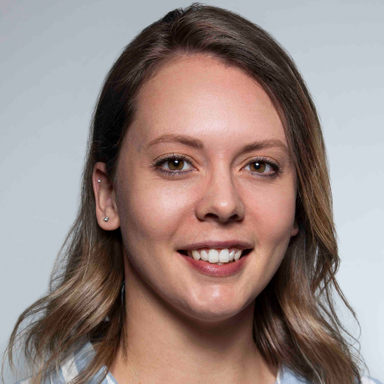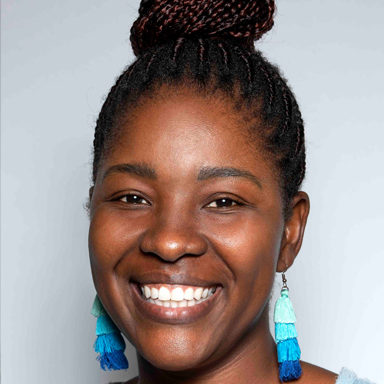Science is often thought of as a male-dominated field, but this Women’s Day, we focus on the (almost) all-women team at Mediclinic Precise.
This remarkable multidisciplinary group represents niche specialisations at the cutting edge of medical science.

Dr Lindsay Petersen

Dr Liani Smit
Molecular biologist Dr Lindsay Petersen has spent her career pioneering genomics in South Africa – and, more recently, precision medicine. It’s her experience and specialisation in the field that led her to her role as Chief Operations Officer of Mediclinic Precise.
What is precision medicine?
The aim of precision medicine is to make medical care as efficient as possible by giving doctors as much information as possible. “At Mediclinic, we see precision medicine not as a standalone tool, but as another component to enhance a patient’s journey throughout their continuum of care,” says Dr Petersen. “We focus on areas of prediction, prevention and correct treatment in an individualised manner.”
Using the example of familial disease, she explains: “Let’s say I saw my mother get sick at a certain age; how do I predict if that will happen to me? And if I do the predictive test, the outcome might be scary. So, how do I prevent that from happening? What are the interventions I need to make? Or, if I’m diagnosed, what treatment will work for me?”
Genetic tests
Mediclinic Precise offers a safe and guided journey into understanding how your genetics can guide current treatments or identify future health risks for you – or your family. An example is non-invasive prenatal testing (NIPT), a screening test that can assess an unborn baby’s risk of genetic conditions, such as Down syndrome, using a simple blood test from the mother as early as nine weeks into the pregnancy.
Clinical geneticist Dr Liani Smit, a medical doctor with a specialty in genetics, champions the use of this screening test for Mediclinic Precise. Dr Smit is involved in the diagnosis, investigation and management of genetic conditions in people of all ages. Part of her role is educating doctors on how NIPT works and how results should be interpreted – and she’s well placed to do so, having used the screening during her own pregnancy. “NIPT is a very early and very safe test that can give you reassurance about the genetic health of your baby during pregnancy,” she says.
NIPT is not the only way genetic testing can be applied. The ancestry test available from Mediclinic Precise can tell you where your ancestors came from and has helped people reconnect with or discover family members.
Ever noticed how some people can take one dose of paracetamol, for example, and feel better, while for others, it has no effect? The pharmacogenetics test offering from Mediclinic Precise has yet to be rolled out, but soon your doctor will be able to predict how your body is likely to respond to different medications.

Dr Lizahn Haasbroek

Paidamoyo Kachambwa
“The way someone’s body breaks down and uses paracetamol makes a difference to the pain relief they experience,” explains pharmacologist Dr Lizahn Haasbroek. “So, they may need a different dose or a different medication entirely.”
Knowing this in advance, doctors will be able to treat patients more effectively, leading to better outcomes, faster.
Unusually skilled team
To make cutting-edge genetic offerings available to patients, Mediclinic Precise has assembled a skilled team with unusual specialisations. Having majored in computer science and microbiology, bioinformaticist Paidamoyo Kachambwa was looking for a way to combine her interests, which she found in bioinformatics. “It’s a specialised niche globally, with very few practitioners – and even more so in South Africa,” she says. “However, there has been a lot of development in growing the field, which is encouraging.” Kachambwa has also been gratified to see the nature of her work shift from research to implementation. “It’s been very interesting to be in that space, to actually see lives positively affected,” she adds.
Even more unusually, the Mediclinic Precise team is made up almost entirely of women. “It’s inspiring to see how far the field has come, in terms of the very specialised areas and that there are more women in them,” says Kachambwa. “And it’s humbling to know we can be role models for the young women of the future,” adds Dr Petersen. “They’ll be able to see these are careers a woman can pursue, and this is a space they can step into.”
